Tuesday, July 15, 2008
Tennat Q&A.........
Q and A with David Tennant, who plays the title role in Hamlet and Berowne in Love's Labour's Lost both directed by RSC Chief Associate Director, Gregory Doran at the Royal Shakespeare Company's Courtyard Theatre.
How do you feel about coming back to the RSC to play the title role in Hamlet and Berowne in Love's Labour's Lost?
It feels very familiar. Theatre is what I've done more of than anything else. Admittedly I've been on sabbatical to 'television-land' for the past few years which I've probably ended up better known for. But this feels like the day job. It's what I do. So it's great to be back and working with Greg. It's an incredibly friendly company which is a great relief. Most of the company have already done A Midsummer Night's Dream so they would have been perfectly within their rights to be a little bit sniffy about a new boy coming in to do the next show, but they've been very welcoming and enthusiastic. There's a great feeling about the company and a real sense of something new and exciting about the RSC at the moment.
Does the Company feel very different now then?
It's different but the same. The principle that we're out to achieve hasn't changed but there's a new sense of ensemble which is very exciting to be part of. There's an enthusiasm from everyone and a willingness to muck in, and the different disciplines and departments seem to be more integrated than I remember last time I was here. There's definitely a sense of a company that's got an idea of what it is and what it's for, and how it can best achieve that, and it's very exciting to be part of that.
Are these two roles you particularly wanted to play?
Yes – they are two of the greatest roles around. Hamlet is often regarded as the acme of acting to test yourself against, which isn't a particularly helpful thought to be honest. Of course it is very flattering to be asked to do that role because of everything that is attached to it. But once you get into rehearsal you have to relinquish thoughts like that and just try and tell the story. It's still just a play and you can't start approaching it in a different way than you would approach any other role.
Although it's very early in the rehearsal process, is there anything you can share about your approach to your role in Hamlet?
We've just got going really and are only now on our feet. We've done a lot of text work, which has been invaluable, and we are now finally trying to put the play together in a more traditional sense.
How have you found working with the drector, Gregory Doran?
It's been terrific. I worked with him once before, years ago. It was a really fun job – a double bill of one act comedies. That was fantastic, and a big success but I was aware that Shakespeare was his real passion and seeing him talking about the play and investigating the play – he's clearly born to do it. It's a real pleasure to be in his rehearsal room.
What does Shakespeare mean to you, particularly performing his work here in Stratford-upon-Avon?
Of course you're aware that if you do these plays here in Stratford you're instantly joining a line that goes through some extraordinary individuals, actors and directors, and it's very exciting and humbling and terrifying and thrilling to be part of that line. Obviously there's something about Stratford – because it's Shakespeare's home town and because of everything that's been invested here in terms of theatrical history that makes it a very special place to work in.
Do you have any significant memories of your previous time working with the RSC?
This is the third season I've done and I've always had fantastic experiences here. I've got some fond memories of the six plays I've done before and I made some great friends. Being part of the Royal Shakespeare Company is something I've always been proud to associate myself with and to be publicly aligned to.
Are you looking forward to working on The Courtyard stage for the first time?
Yes. I've seen the current productions there. It's immediately very reminiscent of the Swan in which I've always enjoyed working. Considering how many people it seats, it feels nice and intimate – particularly for something like Hamlet which has those long soliloquies. I'm looking forward to using the space, and using that connection with the audience. I imagine that's how those speeches were written to work. On a thrust stage, you can't help but have a connection with the audience. It will be fascinating to see how that will influence the playing of those scenes.
What do you think is the basic difference between acting on film and on stage?
They are two completely different jobs. They are, of course, both about pretending to be other people. But rehearsing a play is about finding an emotional journey so that you can repeat it, whereas television is about getting that moment once when all the technical elements are in alignment and it's locked down for evermore. From an actors' point of view you have more control of the event in theatre. When it's in film it's created in post production essentially from a bunch of cuts, whereas here that moment happens in the auditorium and whether it works or not can be unique to each individual performance. It's just a very different experience both from the acting point of view and the audience point of view.
Can you tell us anything more about the cast you are working with?
The fact that they are such a welcoming, enthusiastic and motivated bunch of people is great because that motivates you. You want to be part of that. There's a real sense of company and ensemble which is oft talked about in theatre and very rarely achieved. The very set up of the Royal Shakespeare Company at its best can really exploit that. I certainly feel like I'm part of an ensemble here which is great.
Can you tell me something about how you were cast for these roles?
There was a slight meeting of the moons. I was talking to Tara Hull, one of the producers here, about the possibility of doing something for the company. And I think that Greg had a similar idea around the same time and there was a sort of conflagration of events and suddenly we're here. It's one of those conversations you have, and eighteen months later – here you are.
Subscribe to:
Post Comments (Atom)



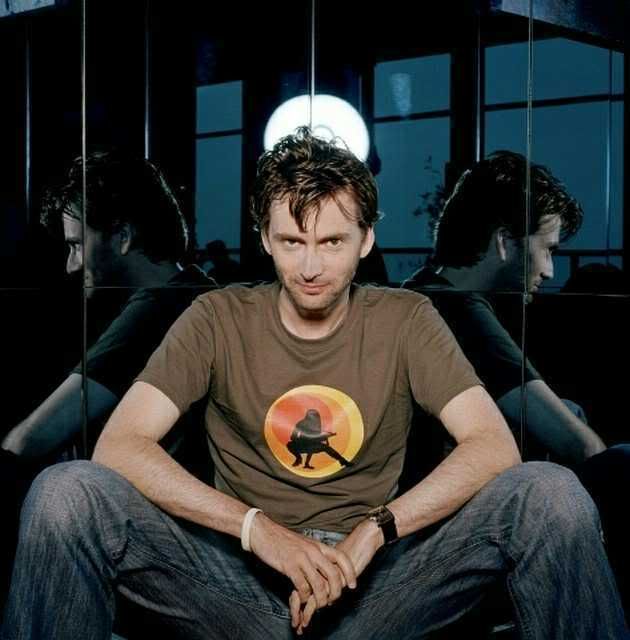
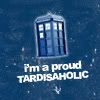
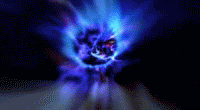





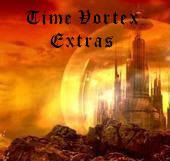
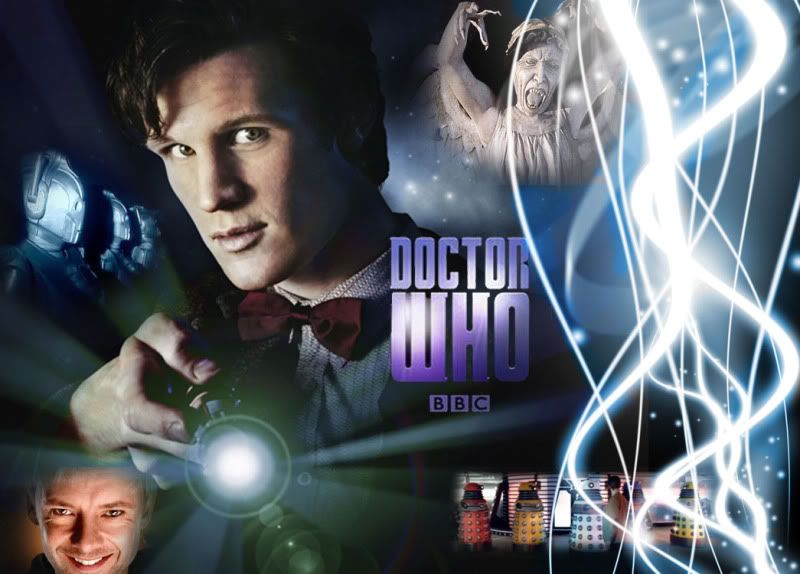
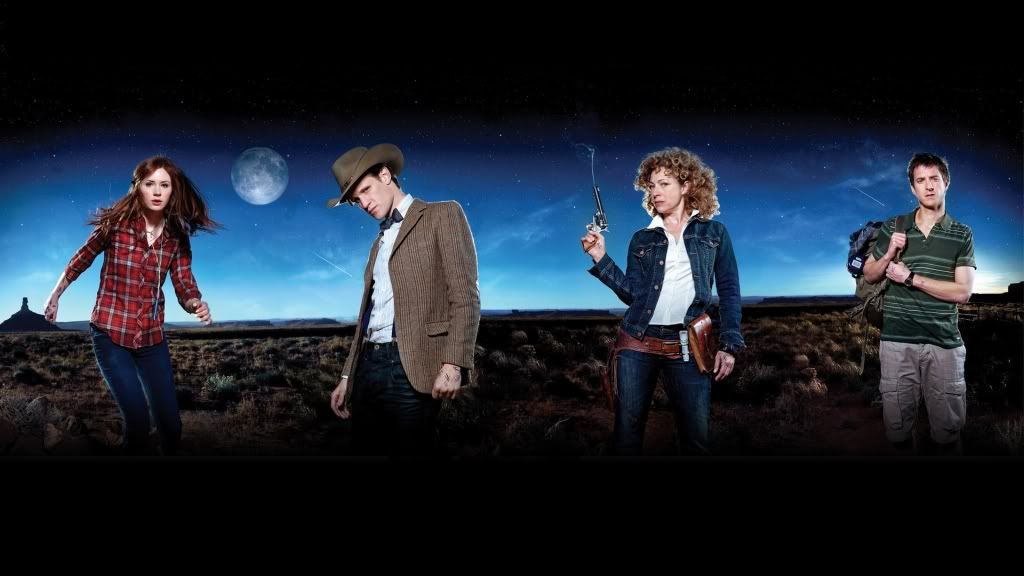
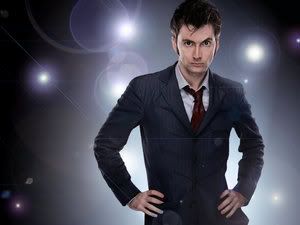

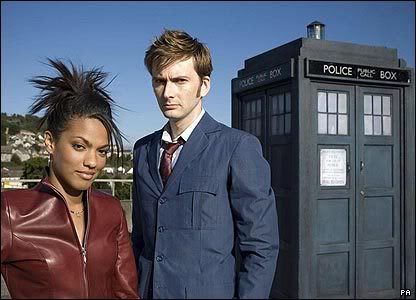
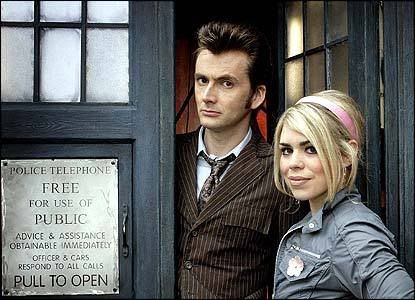
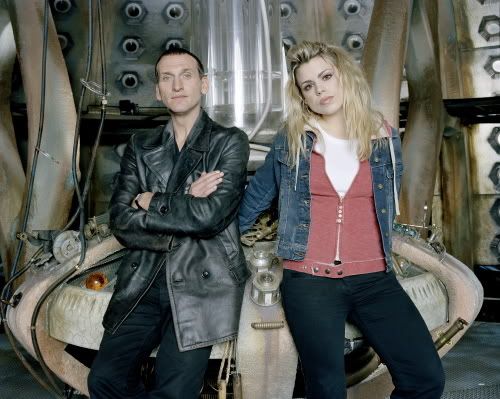
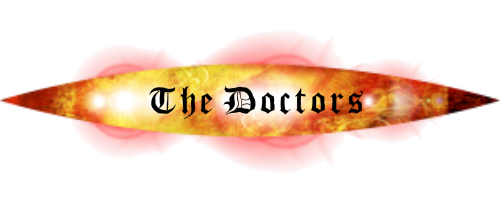
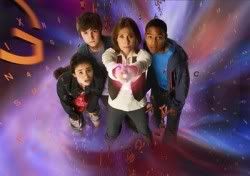
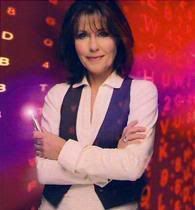
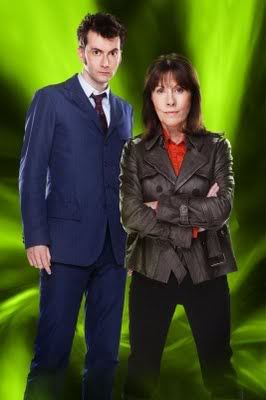
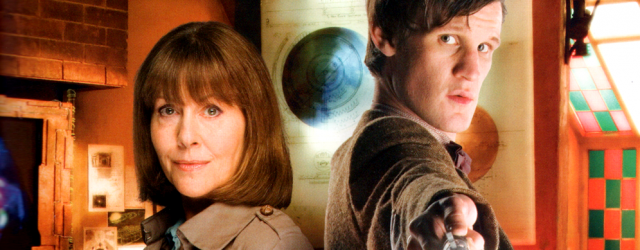
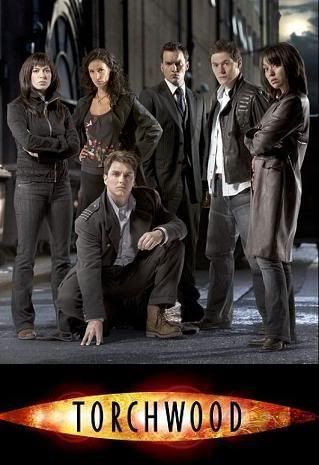
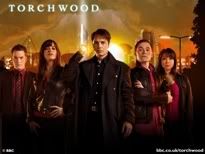

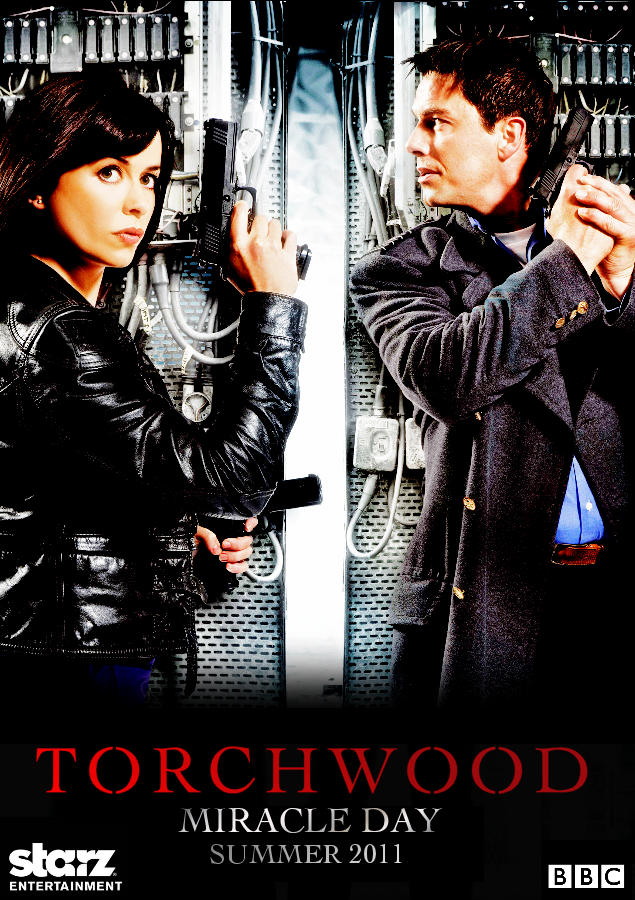


0 comments:
Post a Comment